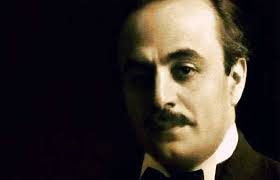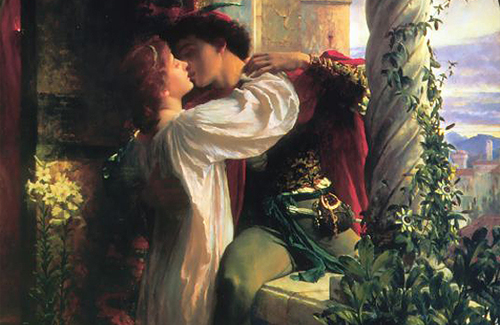|
home | what's new | other sites | contact | about |
||
|
Word Gems exploring self-realization, sacred personhood, and full humanity
Kahlil Gibran The Beloved: Reflections On The Path Of The Heart
Biographical information from the internet: Kahlil Gibran (1883 – 1931) was a Lebanese-American artist, poet, and writer. As a young man Gibran moved to the United States where he studied art and began his literary career. He is chiefly known in the English-speaking world for his 1923 book The Prophet.
"The first sight of the beloved is like the spirit that moved on the face of the waters, from which flowed forth heavens and the earth."
Kahlil (pronounced "Kah-lee") Gibran, in my opinion, is one of the greatest romantic writer-poets of all time. Generally, he is not considered a seer of the afterlife, although his most famous book, The Prophet, does speak of the body's liberation at death: "For what is it to die but to stand naked in the wind and to melt into the sun? And what is to cease breathing, but to free the breath from its restless tides, that it may rise and expand and seek God unencumbered? Only when you drink form the river of silence shall you indeed sing. And when you have reached the mountain top, then you shall begin to climb. And when the earth shall claim your limbs, then shall you truly dance."
Gibran perceived the role of romance, as do few others, to be sacred purveyor of God's most precious secrets for humankind. He understood that romantic love, in its authentic, spiritual form, constitutes opportunity for accelerated human evolvement.
"the trigger - the beloved" Robin Waterfield provided introduction to Gibran's The Beloved: "... for Gibran [romantic] love is a means -- perhaps the best means -- to self-realization, without which one is less than a full person... For Gibran love is a ... force, pre-existent, which we may tap into if we are lucky enough to find the trigger -- the beloved -- which allows us to do so... When [destined] love calls, nothing can stand in its way [which is] self-fulfillment... [Gibran] came to believe that love is such a force for good that no real harm can come to one as a result of the pain that it may cause." As I've stated, all of the great poets are mystics - they saw things, knew things, escaping the mass of men. The transcendent purpose of entering the Astral Realms is to unfold the riches within, to live our heritage as "made in the image," to become more like God - and, to that end, the spiritual-romantic beloved becomes the "trigger," the catalyst-of-choice, to personal development.
For these reasons, I include Kahlil Gibran in my list of best afterlife teachers. You will want to read -- and treasure as a favorite book -- The Beloved: Reflections On The Path Of The Heart. Gibran decries the loveless and "sinful marriages" of this world which, too often, speak to mere animal instinct without elevating the soul.
Below, I offer a few examples of Gibran's deeply moving and exquisite writing, laced with celestial wisdom:
"The first sight of the beloved is like the spirit that moved on the face of the waters, from which flowed forth heavens and the earth. The first sight of life's companion echoes God's words, Let there be... It is the beginning of magical tremblings that separate the lovers from the world of space and dimensions and carry them to the world of revelation and dreams."
"In the depths of my soul there are songs unwilling to take the garb of words. Were you to look into my eye you would see the image of their image. My tears disclose them... I will tell you of an unhappy woman. She awoke from the thoughtlessness of youth to find herself in the house of a man who was unable to touch her heart with the spark of vivifying love."
|
||
|
|


